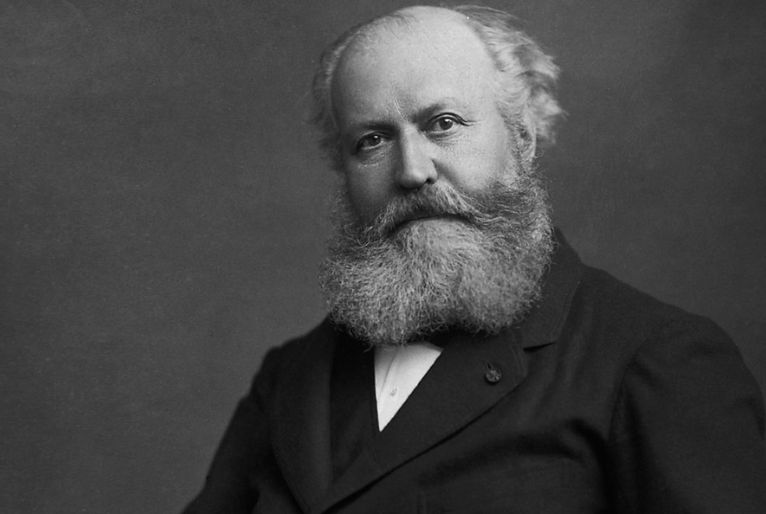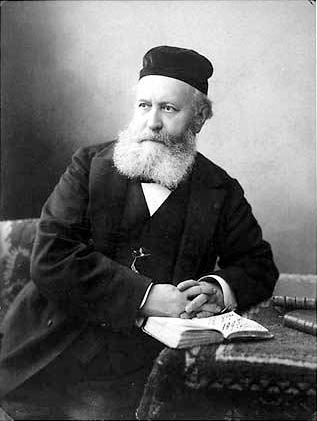Charles-François Gounod, the celebrated French composer, was born on June 17, 1818, in Paris, France. His life’s melody wove through the Romantic era, leaving an indelible mark on the history of classical music.
Gounod’s passion for music was ignited at an early age. Born into a family with artistic inclinations, he received his initial musical education from his mother, a pianist. His precocious talent was evident, and by the age of six, he was already playing the piano proficiently. Recognizing his potential, his family enrolled him in the Paris Conservatoire at the tender age of ten.
Under the guidance of esteemed instructors such as Anton Reicha and Fromental Halévy, Gounod honed his skills in composition and developed a deep appreciation for the works of Bach, Mozart, and Palestrina. Despite facing challenges and setbacks, including a period of military service, Gounod remained steadfast in his pursuit of musical excellence.
In 1839, Gounod won the prestigious Prix de Rome, a scholarship that allowed him to study in Italy for several years. It was during his time in Rome that Gounod’s compositional style began to mature, influenced by the rich cultural tapestry of the Italian Renaissance.
Upon returning to Paris, Gounod embarked on a prolific career as a composer and music educator. His oeuvre encompassed a wide range of musical forms, including operas, symphonies, chamber music, and sacred works. However, it was his operatic compositions that brought him widespread acclaim and secured his place in the pantheon of classical composers.
Gounod’s operatic masterpieces, such as “Faust” and “Roméo et Juliette,” captivated audiences with their lush melodies, rich harmonies, and poignant storytelling. His ability to infuse his compositions with emotional depth and lyrical beauty earned him the admiration of both his contemporaries and future generations of musicians.
Beyond his operatic endeavors, Gounod’s contributions to sacred music were equally significant. His compositions, including the beloved “Ave Maria” based on Bach’s Prelude in C Major, continue to resonate with listeners around the world, transcending time and cultural boundaries.
Despite his success, Gounod’s life was not without its share of personal and professional challenges. Financial difficulties, artistic disputes, and periods of self-doubt tested his resolve, but through it all, he remained dedicated to his craft.
Charles Gounod passed away on October 18, 1893, leaving behind a rich legacy that endures to this day. His music continues to inspire and enchant audiences, reminding us of the transformative power of melody and the enduring legacy of a true musical genius. Through his timeless compositions, Charles Gounod remains immortal, his voice echoing through the corridors of musical history, a testament to the enduring power of the human spirit.


Comments are closed